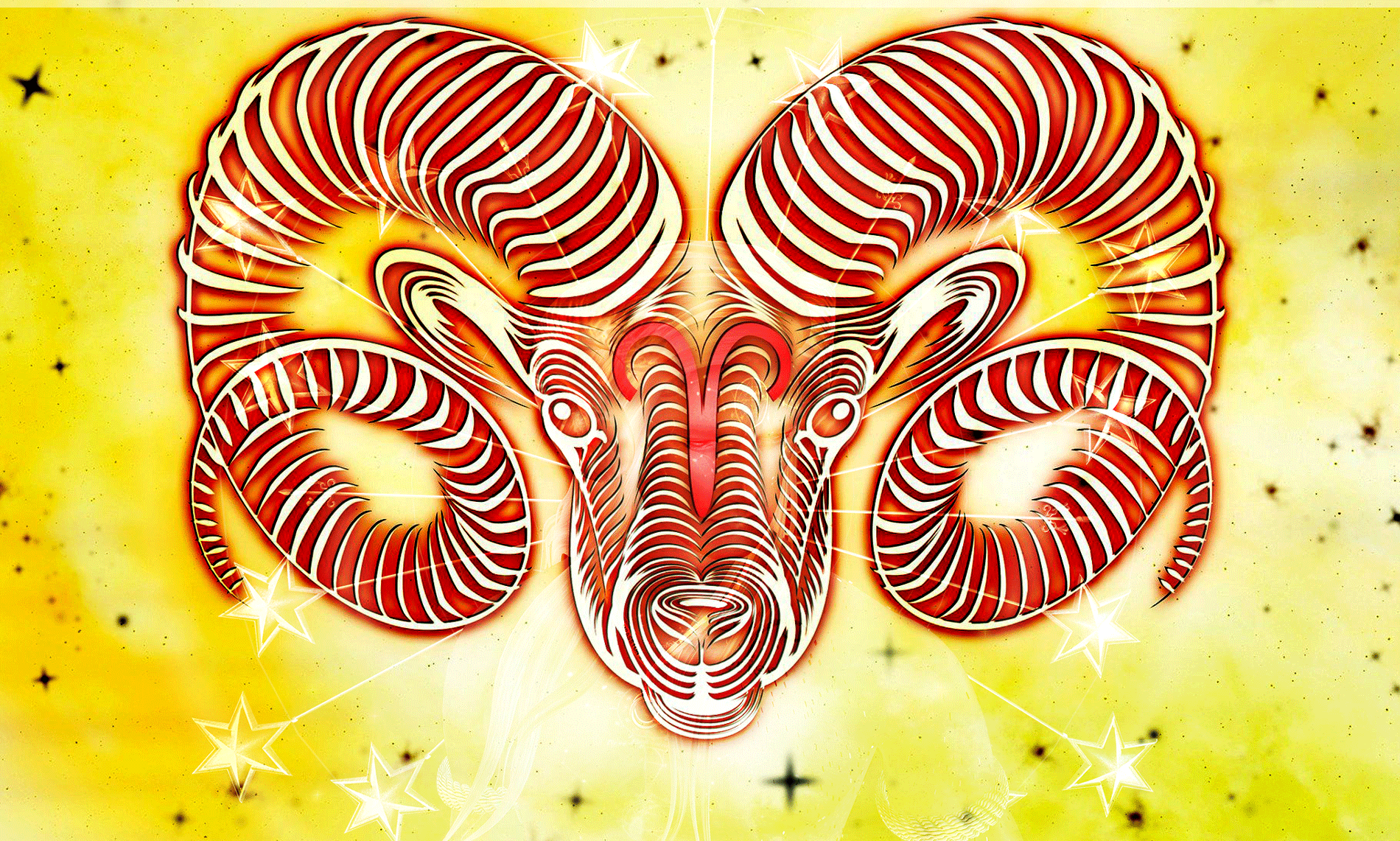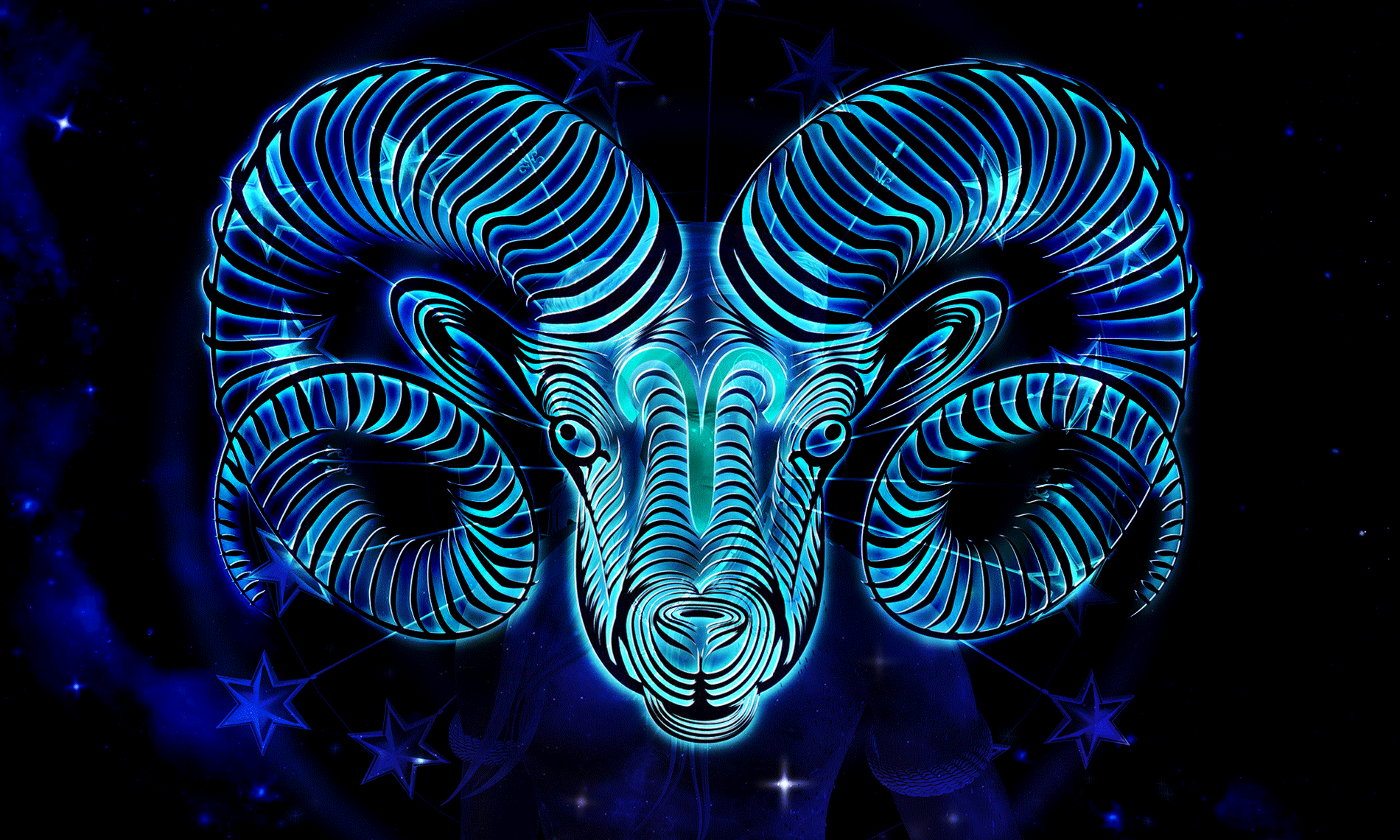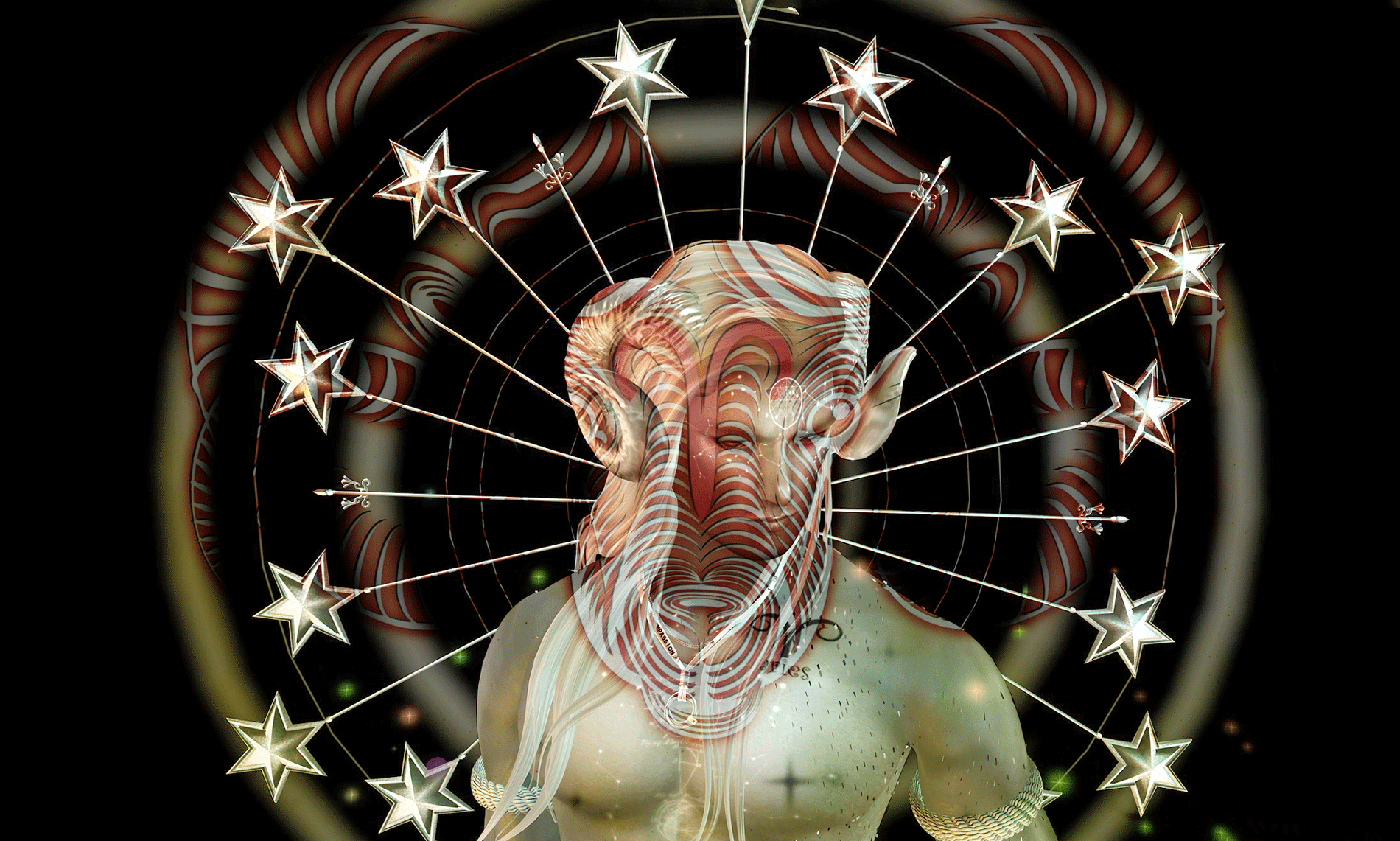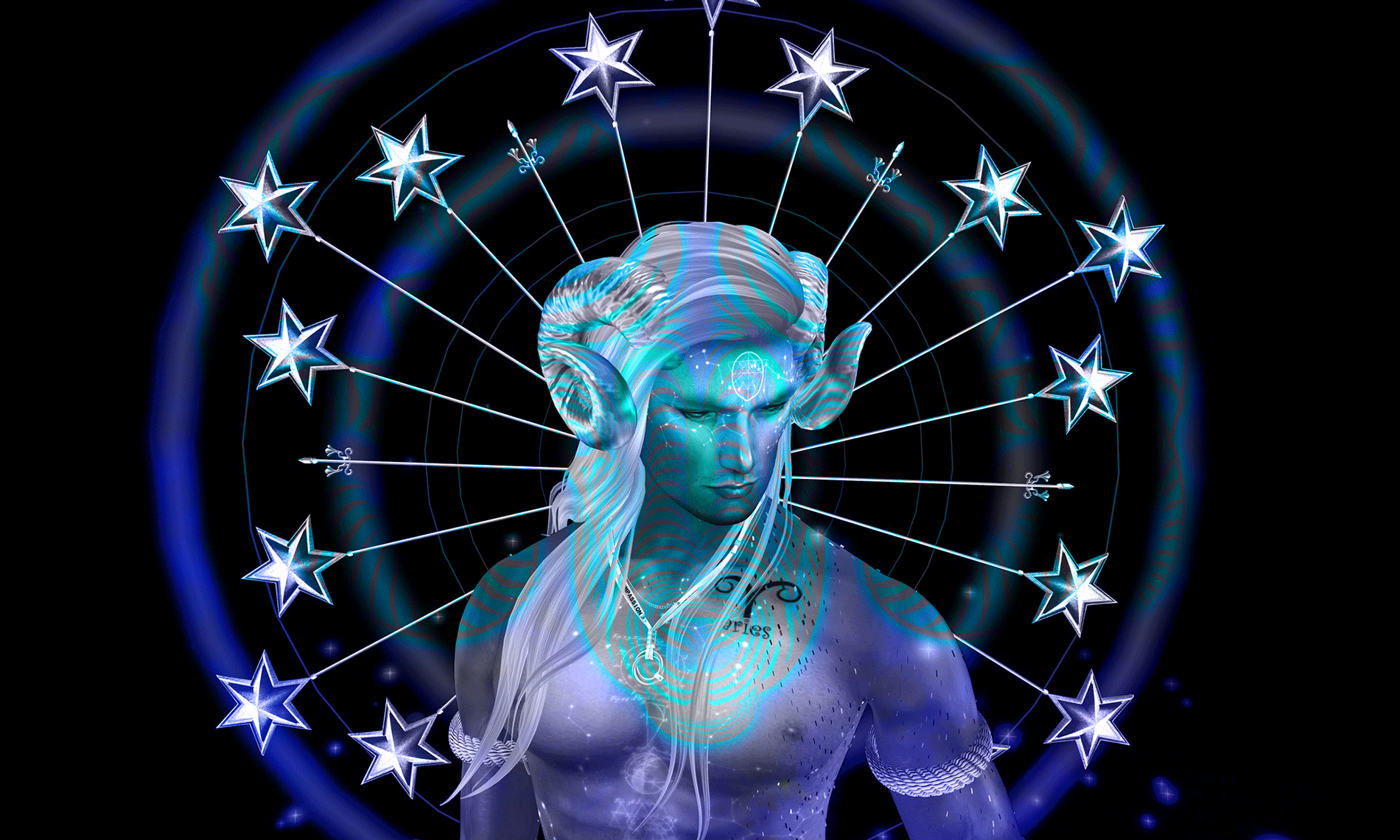
Ramage, that is the title I give to the unpublished unknown incunabulum entitled The Twelve Cries of Aries. This text was given to me. Without guaranteeing its authenticity, my eyes found it good and my heart loved it at first sight.
These cries are presented in twelve stanzas arranged in four quatrains, a presentation which recalls that of the hexagrams of YiKing, and which reminds me of the sixteen Yorouba deities, the sixteen directions of the marine compass or compass. Sixteen is the number of Hyperborea.
The twelve cries of Aries
This song would be taken from a set called The Fallen Gods. It is also called
Rama’s last prayer
1. I took upon myself the evil flows as they circulated among you so that you do not have to suffer further.
There is a Christic accent in this first stanza. Remind I am the Lamb of God who takes away the sin of the world. Or is it the other way around? Rather say there is a Ramaic scentie scent of Rama in the reconstituted Christ? Which is not surprising, given this reconstruction precisely. Right from the start, Rama takes the ram by the horns and speaks the truth: evil flows are at the same time the double and triple networks of geobiology, the harmful influence of the druidesses and the alteration of the Wouivre, the sacred network of the ancient Celts badly perverted by the Amazons, without forgetting the pandemics, since Ramos the Ram of Hyperborea distinguished himself thanks to the oak mistletoe which put a stop to the terrible epidemic decimating the pre-Celtic populations.
2. I ate the evil that was scattered throughout the earth, from the tops of its highest mountains to its deepest bowels.
The evil he also calls the Evil One is a demon, prince of darkness, inhabiting the interior of the earth beyond the barrier of lava and the furnace. The most beautiful trick of the Devil is to persuade you that he does not exist, said Charles Baudelaire. There is no doubt, but does it resemble the naive portrayal of religions? In this world of pretenses and asses, being smart comes in handy. The characteristic of kali yuga is precisely this total inversion of values.
3. And Evil was so powerful that it thought we are easy to devour. Ten times he had to try.
Yes the devil exists. He is furious with us who demonized him. Almighty God of the ancient giants, here is the religion of another savior of men relegated him to the depths of the world, far below our feet, where he longs for the surface, one would think. Actually not at all. He is very good where he is. The concern is that he does not stay there. The devil is on the move, said Mougeotte.
4. No way. The living wanted him not to succeed. They attack me, they kill me, but I’m still here.
Those who kill him are his enemies, those who oppose his progress towards the East, of course, but also those who pushed him to move away from Keltia,a Breton word designating all Celtic lands namely the Druidesses.
On the other hand it may express his annoyance at seeing his followers turn away from his cult in favor of new religions, in the same way as Isis in her magnificent exordium Lighning perfect spirit

5. The living gave me his invincible power. The Evil One had taken aim at me and all his irascible demons had heaped up on my injured head.
6. So hard did they push that my head slipped. So late have they broken me
Here begins the description of Rama’s sacrifice. We can recognize there the more recent myth of Prometheus in chains to which undeniably Christic accents are added. Savior of men, Rama makes a gift of his divine person. His head, apparently hit by some projectile, would have lost the faculty of reasoning. It is also possible that the sliding of the head describes an offset of its assemblage point.
7. That I feel dust sown on the river like a light fertilizer so that
8. Up to the princely palaces everything begins to shine.
It is the renewal that Rama the Protector gave to humankind. He brings to the world a spring that will last two thousand years. In the middle of protohistory, using fdabulous weapons, he put an end to the fights. The villages have no defenses, palisades or levees of earth are absent for a long time in Europe, Americas, and other parts of the world. The pacifying influence of the Rama system is felt from the West to the East, in Europe, in Asia, undoubtedly also in Africa and both Americas populated by blacks from Africa or from Pacific Ocean’s islands.
There is also, for me, a reminiscence of one of the benefits of lightning: the precious fertilizer constituted by lightning nitrates to boost crops and energize vibrated waters. Rama is one of the pioneers of lightning energy, he brought his touch to it in an episode that I will tell you perhaps one day, To Bottle Lightning.

9. Fear has taken hold of my brother. Death took my fathers
And my mother fell without piping, speechless.
Which brother are we talking about? Ram had several, it seems he only has one. And why is he talking about his two fathers? This is arguably the most obscure passage in the manuscript.
One mother and two fathers, all dead. So Ram is indeed the triple orphan he names in the next stanza.
10. [Gap text]
11. Only a triple orphan can defy the Evil One. In my overly full stomach I hear her complaining.
It is undoubtedly an attempt of poisoning of which Rama would have been victim. Not forgetting that the young Ramos, a shepherd by profession, cured the entire pre-Celtic population of Europe with a preparation based on oak mistletoe. Ramos is therefore considered a holy healer before being the victorious warlord who subjugated the world.
This stanza shows the importance of the belly that I have always emphasized. Two parts of the body are designated sick, the head at the beginning, the belly at the end. These are the two seats of the mind. Mental in the head, vital in the belly. Should we understand that Rama’s victory over the Evil One was played out thanks to his vital energy, too powerful for a negative being like the devil?
12. This solitary warrior will be nothing on earth but a deceased tenant stripped of the mystery of which he was secretary.
The lone warrior in question cannot be the devil in the modern sense of the term. Here the word tenant must attract the attention of the researcher. Before he died, Rama had secrets. How can he be dead and still a tenant? There is a great temptation to hear tenant in the Castanedian sense: a former seer who comes to recharge his batteries with some new seer …
Just a legend
We should only see a legend, in the Latin sense of legenda: which deserves to be read. I refuse to comment on the authenticity of a text that a stranger gave me by ensuring that this copy was unique. Perhaps one day soon, other reproductions of this text, photographs of a vellum or a parchment, what do I know? will come to authenticate it or reduce it to dust.
It has the merit of existing for the moment, and false or not, it can prove to be very useful, provided it is examined in detail.
The name of the collection brings a precision: The last prayer of Rama.
This play would therefore have been written after his reign. The fact that it is written in the first person could suggest that Rama himself is the author. In this case, the title is not his. This is why I prefer the first title, The Twelve Cries. We find the disturbing parallel with the gift of Isis. These two pieces perhaps belong to the lost collection The Fallen Gods?
Definitely I have to get down to this new research, bring together other pieces from some fallen gods. They were innumerable, tens of millions at least, so we can hope that this quest will be fruitful.
Rama the Devil
Before closing this page, I would like to add this. Since it seems that this piece is posterior to the reign of Rama, one can imagine that it is the work of a contradictor, follower of Mithra or Athena for example, who seeks to defile the honor and the reputation of the fallen god.
In which case, Rama will also be the Evil One, the devil who appears in the stanzas on several occasions. We know that any new faith demonizes the gods before it comes. Thus Dionysus the Almighty became a depraved demon, Bacchus for the Romans, and his Magia sexualis was reduced to bestial orgies and human sacrifices. The Aries God became Belial the mighty demon. Seth the administrator of the Old Earth was transformed into Satan the Prince of Matter. Fire Bringer Prometheus was transformed into Lucifer, the bearer of light in Latin. It is also the black label that we attach to Lugh the Super Luminous, god of the Celtic gods, ancient patron of Lyon.

But this lead turns out to be wrong. Quickly disappearing under the sands of time. Too many details reveal the work of a disciple and not that of a detractor. The extraordinary powers of Rama are evoked with accuracy and precision. Nothing insulting or disparaging, quite the contrary: many notions associated with the first emperor of men betray an author favorable to Rama. An author who read a lot of Eden Saga ?


